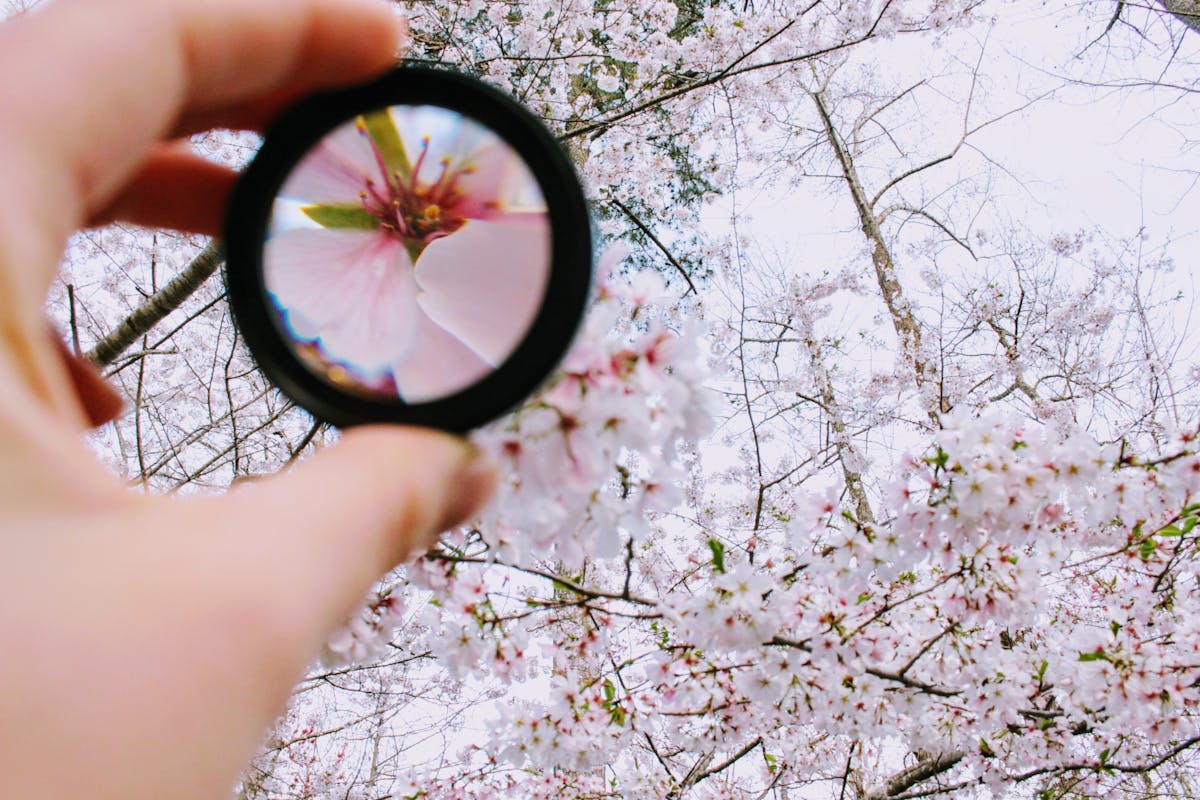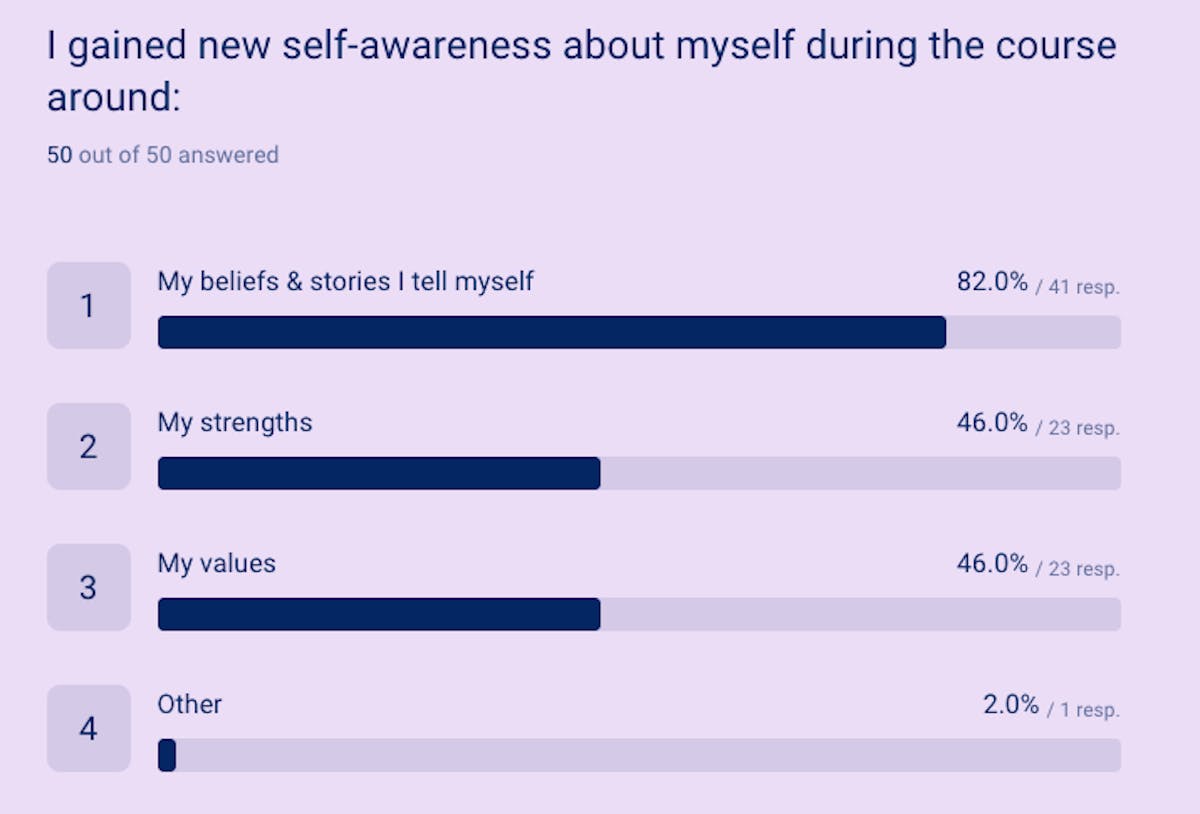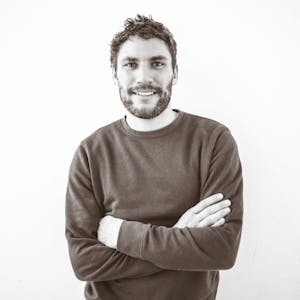In today’s work environment, we must meet all sorts of expectations and deadlines, be constantly ahead of the game, excel in leadership, and at the same time be innovative and agile. And if you don’t have an environment where people feel safe to; be themselves, share their opinions, disagree with each other, and take risks, it’s very hard to achieve any of those things.

Strengths - The low-hanging fruit to increase engagement, quality of life & money in the bank
When I started my company five degree change I thought I would spend most of my time working with people 1 on 1 as a coach because that’s what I had studied to become. I designed The 1-Month Habit Experiment as a way to connect with people and get myself out there. I really enjoyed running the programs and people seemed to like them, but I was still struggling to get enough 1 on 1 coaching clients. This was a real issue for me. But as I invested more and more time developing the program to get more clients, I slowly realized that maybe I don’t have to work mainly as a coach? What if I focus on designing and delivering impactful programs for groups that I really enjoy doing and have already had success with? I get to use my social strengths along with my design and communication strengths, which I was not putting to use in 1 on 1 coaching sessions. This realization was such a relief.
It’s incredible how much time we spend trying to fix our flaws and improve our weaknesses. And the truth is we are programmed to pay more attention to what we aren’t that good at instead of seeing all the things that make us great (due to the negativity bias).
However, the research clearly suggests that if we want to live longer, earn more money, and be more likely to flourish in life, we should invest our time figuring out what our strengths are and focus all our energy on using them as much as possible. At work, in our relationships, and with our hobbies.
Still not convinced? Here is more research:
Gallup research reveals that people who use their strengths every day are 3x more likely to report having an excellent quality of life, 6x more likely to be engaged at work, 8% more productive & 15% less likely to quit their jobs.
If you want to figure out what your strengths are and how you could get better at making the most out of them, here’s a few things you could do that has helped me and the people I work with:
Explore and define your strengths:
If you don’t have clarity about what your strengths are, (here’s a list of 24 character strengths that might already help you) here are 3 things you could do:
- Take the VIA Strength Survey. It’s free and takes about 15min and gives you a list of your top character strengths from their list of 24.
- Ask 3-5 of your close friends or family what they think you are exceptionally good at (not skills such as cooking, but character strengths such as resilience or generosity), preferably with some examples. It might feel a bit scary to do this but it’s usually a really positive experience. You can ask by first telling them what you think they are great at and then ask them if they would be willing to do the same for you. It’s usually a nice and bonding experience for both.
- Look back at your calendar and photos and pay attention to activities that really engaged you. When we are really engaged in something, we almost always use our top strengths. What’s something you can do for long periods of time and that you enjoy doing? And what strengths do you use when you do this activity?
Want to get more tools, tips, and techniques to help you get better at changing your habits, behaviours, and thinking?

Let go and accept what you aren’t naturally good at
It might be hard to accept the fact that you aren’t naturally good at something, especially if you wish you were. Or maybe your parents wished you were better at something and you have this nagging voice in your head that if you only could be a bit more organized, you would be much better off. Maybe you will be really organized one day, but if you haven’t by now, it might be time to let it go and look at what you are naturally really good at and focus on that instead. It’s usually really liberating doing this.
What’s something you have spent a lot of energy on trying to improve but never got better at that you are ready to accept and let go?
Reconsider your flaws & weakness
Stevie Wonder, who was blind as a young child, also had an exquisite sense of hearing. The turning point in his young life came when a mouse got loose in his elementary school classroom one day. After the class tried to find it without success, the teacher remembered little Stevie’s gift for hearing and asked him to use it to find the mouse. The whole class was quiet as Stevie began to hear what others couldn’t. He followed the sound to the wastebasket where the mouse was hiding. The class cheered and thereafter Stevie began to see himself more in terms of his strengths rather than his weaknesses.
Here’s another great story about Phil Hansen and how he made his inability to hold his hand still his greatest strength as a pencil artist.
What’s something you consider as a flaw in yourself? And what if you looked at it as a resource that makes you unique instead, what would that look like?
Design your work around your strengths
Simply knowing your strengths won’t result in all the benefits the above studies pointed to, you also have to put them to use And this part won’t be hard because it’s a real joy to know and use our strengths. Once you have clarity about what you are especially and naturally good at, structure your work in a way that enables you to use your strengths as much as possible. If you are in a job where you don’t get to use your strengths, chances are you will be rather unhappy there and it might be worth thinking about how you can change things so you get to use them more, and if that’s not possible, start looking for a different job.
What would a day of work look like if you used your strengths to the fullest? What would you be doing? What would be different? How can you make that a reality?

During The 1-Month Habit Experiment, participants explore and define their strengths to be more successful with implementing their habits.
Conclusion
Using our strengths more is low-hanging fruit for improving many aspects of one's life. Work is more fun and enjoyable, you have more energy and are more productive. Rather than constantly trying to fix what isn’t great, you are able to focus your energy on what is and this often gives us an edge. I hope that’s the case for you too!
During The 1-Month Habit Experiment, exploring & defining our strengths is one of many exercises participants do to be more successful with their habits, and one of the top things people say they have better self-awareness about after the program.

